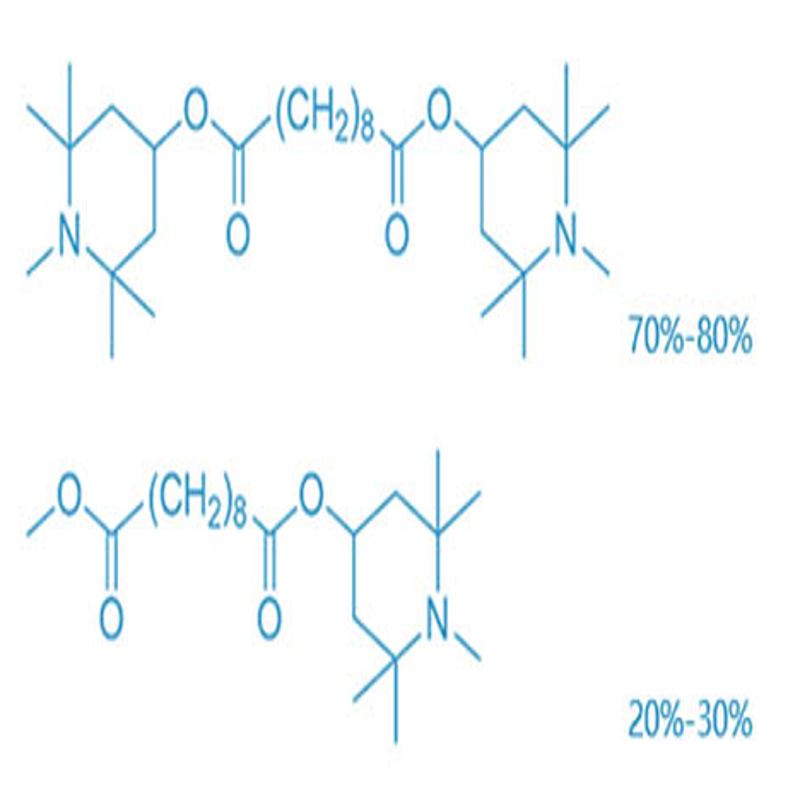-
Categories
-
Pharmaceutical Intermediates
-
Active Pharmaceutical Ingredients
-
Food Additives
- Industrial Coatings
- Agrochemicals
- Dyes and Pigments
- Surfactant
- Flavors and Fragrances
- Chemical Reagents
- Catalyst and Auxiliary
- Natural Products
- Inorganic Chemistry
-
Organic Chemistry
-
Biochemical Engineering
- Analytical Chemistry
-
Cosmetic Ingredient
- Water Treatment Chemical
-
Pharmaceutical Intermediates
Promotion
ECHEMI Mall
Wholesale
Weekly Price
Exhibition
News
-
Trade Service
India's thermal coal imports rose 12.
6 percent to nearly 200 million tonnes in 2019, reflecting a second consecutive year of fuel shipments growing
despite the government's attempts to cut imports.
Coal is one of
the five most heavily imported commodities in India, the world's largest fuel consumer, importer and producer.
In 2019, imports of thermal coal, mainly used for power generation, rose by 12.
6% to 197.
84 million tonnes
.
However, government data showed that imports of coking coal, which is mainly used for steel production, fell slightly after
two consecutive years of growth.
India imported 51.
33 million mt of coking coal in 2019, down from 51.
63 million mt
in 2018.
While the increase in coal imports may be bad news for the Indian government, they have benefited international miners such as Indonesia's Adaro Energy, US's Peabody Energy Corp and Glencore
.
Between April and December, Indonesia accounted for nearly 60 percent of India's thermal coal imports, while South Africa accounted for 22 percent and Russia and Australia each accounted for more than
5 percent, government data showed.
Traders said the increase in coal imports was mainly due to lower
output from coal companies in India.
Coal India's output fell
for 11 consecutive months.
The increase in Indian coal imports was also attributed to higher imports by Indian utilities, which rebounded after three consecutive years of decline, mainly due to increased
purchases of Adani power plants in western India.
India's thermal coal imports rose 12.
6 percent to nearly 200 million tonnes in 2019, reflecting a second consecutive year of fuel shipments growing
despite the government's attempts to cut imports.
Coal is one of
the five most heavily imported commodities in India, the world's largest fuel consumer, importer and producer.
In 2019, imports of thermal coal, mainly used for power generation, rose by 12.
6% to 197.
84 million tonnes
.
However, government data showed that imports of coking coal, which is mainly used for steel production, fell slightly after
two consecutive years of growth.
India imported 51.
33 million mt of coking coal in 2019, down from 51.
63 million mt
in 2018.
While the increase in coal imports may be bad news for the Indian government, they have benefited international miners such as Indonesia's Adaro Energy, US's Peabody Energy Corp and Glencore
.
Between April and December, Indonesia accounted for nearly 60 percent of India's thermal coal imports, while South Africa accounted for 22 percent and Russia and Australia each accounted for more than
5 percent, government data showed.
Traders said the increase in coal imports was mainly due to lower
output from coal companies in India.
Coal India's output fell
for 11 consecutive months.
The increase in Indian coal imports was also attributed to higher imports by Indian utilities, which rebounded after three consecutive years of decline, mainly due to increased
purchases of Adani power plants in western India.







